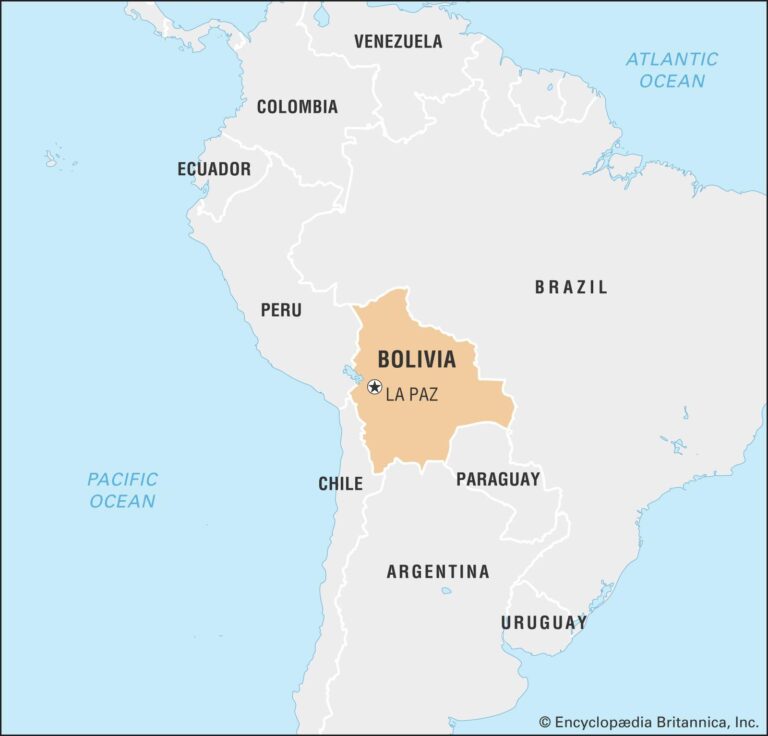Understanding Intercultural Education
Intercultural education is a holistic approach that acknowledges and values diversity. It aims to create a more inclusive educational environment that respects and incorporates different cultural backgrounds. This is particularly significant in a country like Bolivia, where indigenous cultures are abundant and rich.
The Importance of Education in Alleviating Poverty
Education is one of the most effective tools for breaking the cycle of poverty. By equipping individuals with knowledge and skills, they can improve their economic conditions. In Bolivia, integrating intercultural education can empower marginalized communities by validating their cultural identities.
The Role of Intercultural Education in Bolivia
Bolivia’s education system has been historically biased towards Spanish-speaking populations. Intercultural education seeks to rectify this imbalance by incorporating indigenous languages and perspectives. This approach not only enhances the learning experience but also promotes social cohesion and respect among diverse groups.
Reducing Education Disparities
Disparities in education often lead to economic inequality. Intercultural education can help bridge the gap in educational access for indigenous communities in Bolivia. As more children receive quality education tailored to their cultural contexts, poverty levels can gradually decline.
Case Studies and Success Stories
Numerous initiatives around Bolivia demonstrate the effectiveness of intercultural education. For instance, programs that integrate local languages and customs in the curriculum show promise in improving student engagement and retention rates. Such successes highlight the potential for wider application across the country.
The Need for Continued Support and Funding
While progress has been made, continued investment in intercultural education is essential. Adequate funding can help develop resources, training for teachers, and community involvement. This collaborative approach not only enhances educational quality but also fosters a sense of ownership among local populations.
Conclusion
Intercultural education represents a beacon of hope for poverty alleviation in Bolivia. By embracing the cultural richness of its people, Bolivia can forge a path toward equitable education for all. To learn more about how intercultural education can impact communities positively, check out this article on the Borgen Project: Intercultural Education in Bolivia.

